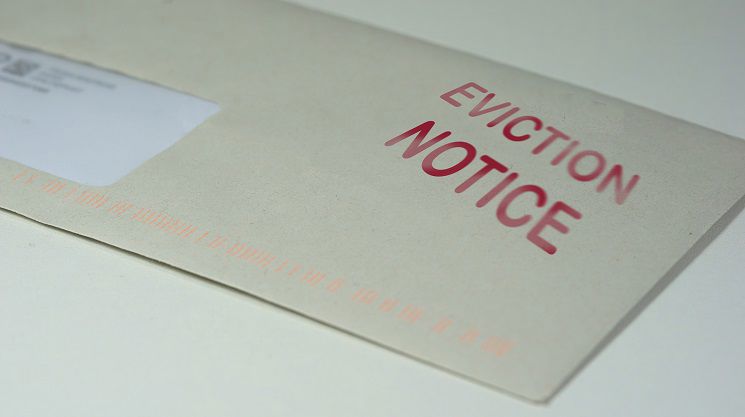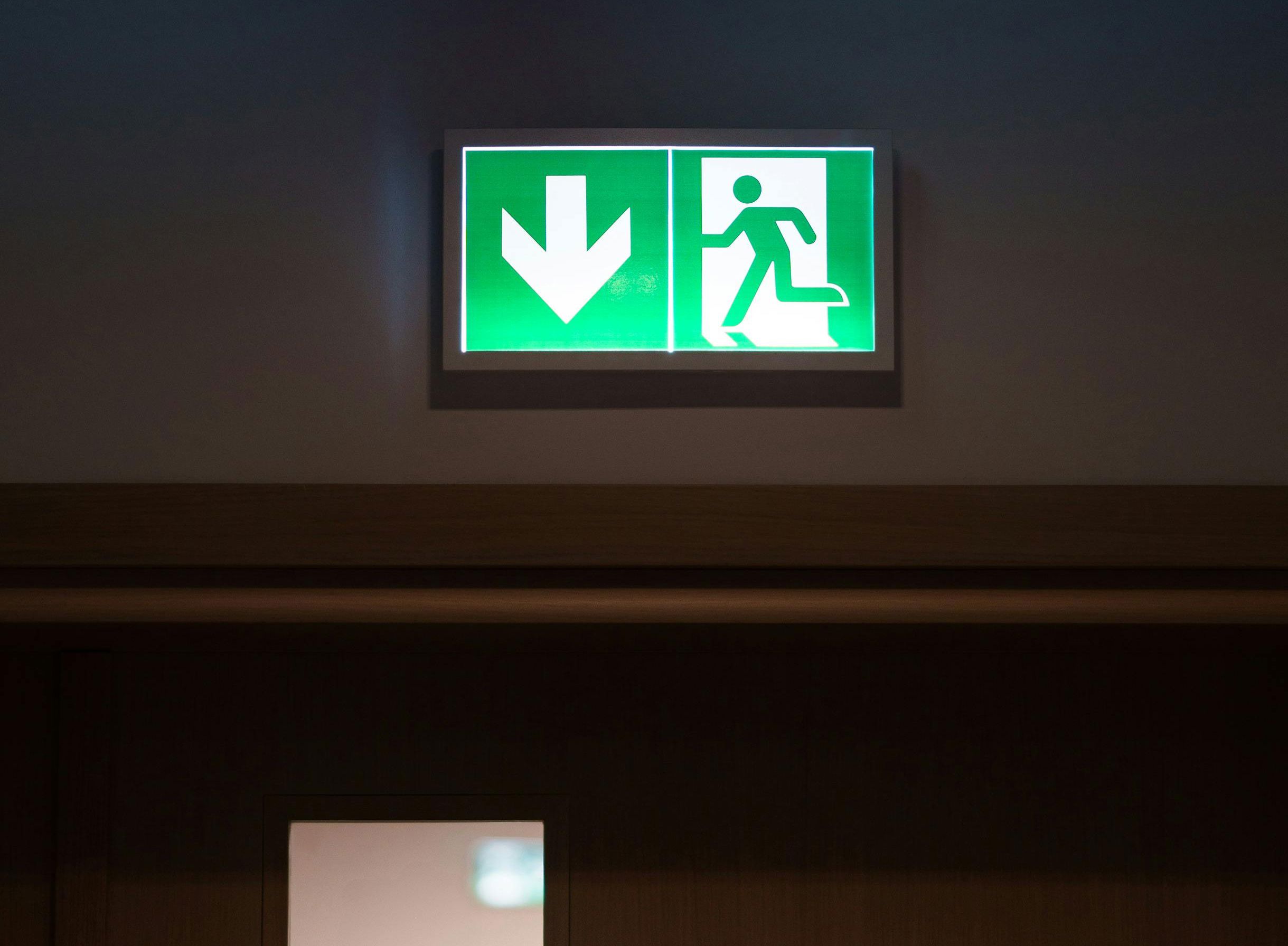The Renters (Reform) Bill, which proposed abolishing 'no-fault' evictions, (also known as section 21), was shelved ahead of the General Election. While the new Labour Government announced its intention to pass a similar Bill in the King’s Speech, the details of the latest proposal remain uncertain, leaving landlords and tenants in limbo for the foreseeable future.
What is a ‘no-fault’ eviction?
A key piece of housing legislation, Section 21 allows landlords to evict tenants without giving a reason. After receiving a Section 21 notice, tenants have two months before their landlord can apply for a court order to evict them.
How would the Bill have impacted landlords and tenants?
The Renters (Reform) Bill would have abolished Section 21 evictions and moved to a more straightforward structure where all assured tenancies are periodic. This would have provided more security for tenants and empowered them to challenge poor practices and unfair rent increases without fear of eviction.
Without Section 21, landlords would have to rely on one of the 17 grounds for eviction set out in the Housing Act 1988, which include rent arrears, anti-social behaviour, and damage to the property. Under the new rules, landlords could still repossess properties in specific circumstances, such as selling the property or moving themselves or a close family member into it, albeit with time restrictions and requirements.
The Bill would also have made it easier for landlords to repossess their properties in cases of anti-social behaviour or where the tenant repeatedly failed to pay rent.
The reforms and their uncertain future
The Labour Government has announced the Renters’ Rights Bill in the King’s Speech, which appears to be very similar to the Renters (Reform) Bill. Nevertheless, the scrapping of the Reform Bill has created uncertainty for landlords and tenants who have been waiting for guidance from the Government for five years.
With the country already facing a cost-of-living and housing crisis, the latest figures show that more landlords are considering their future in the private rented sector. This could be detrimental for renters seeking a home, as recent figures from property platform Zoopla indicate that there are now 15 tenants competing for each property, more than double the pre-pandemic average.







